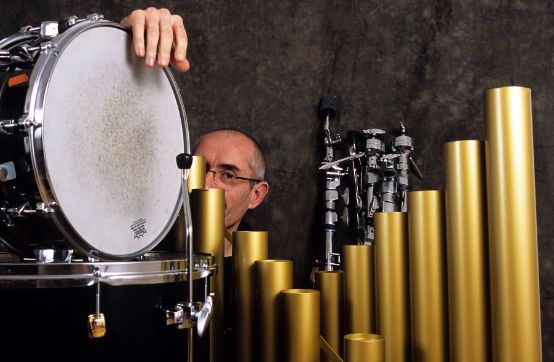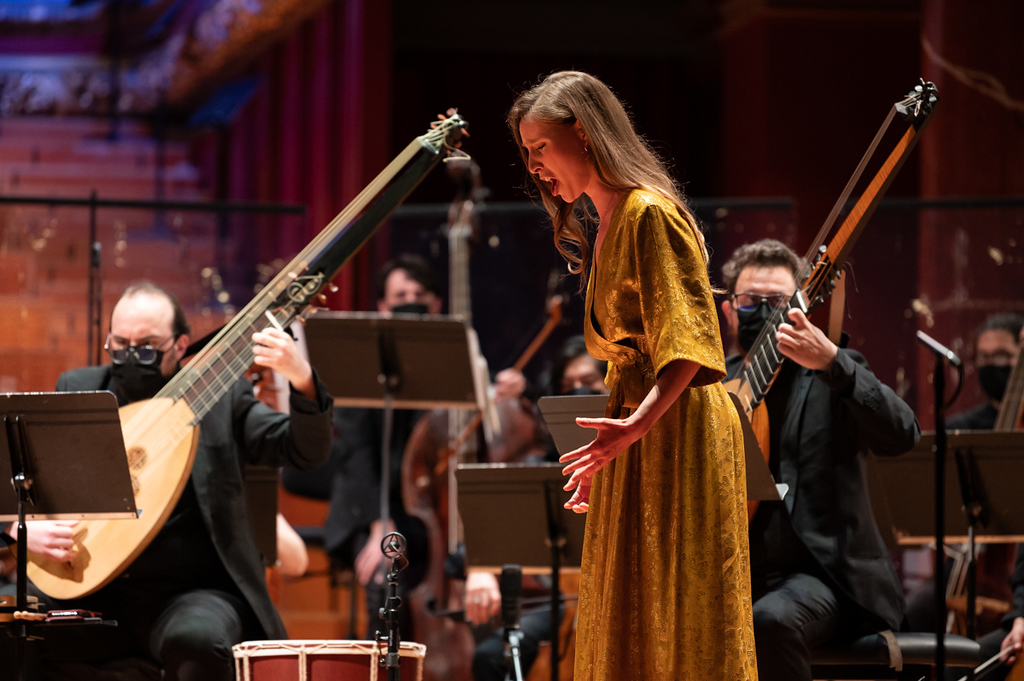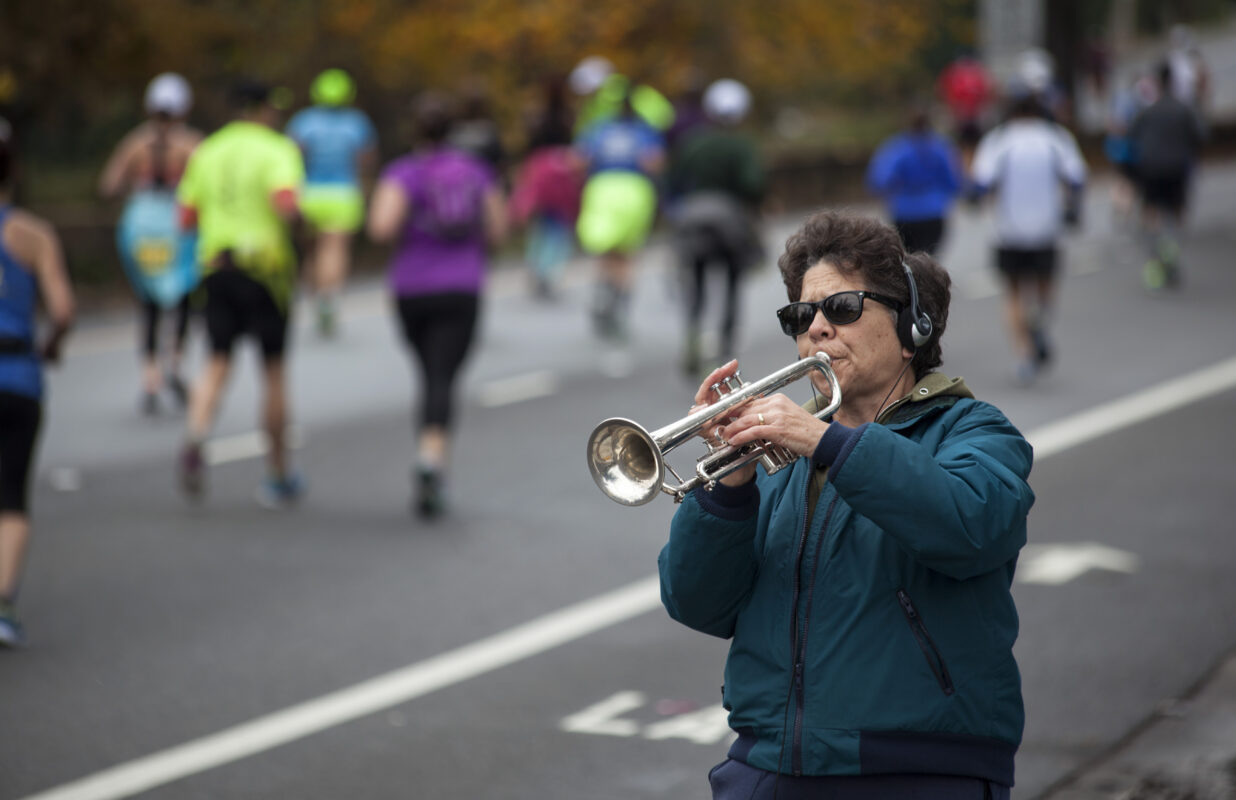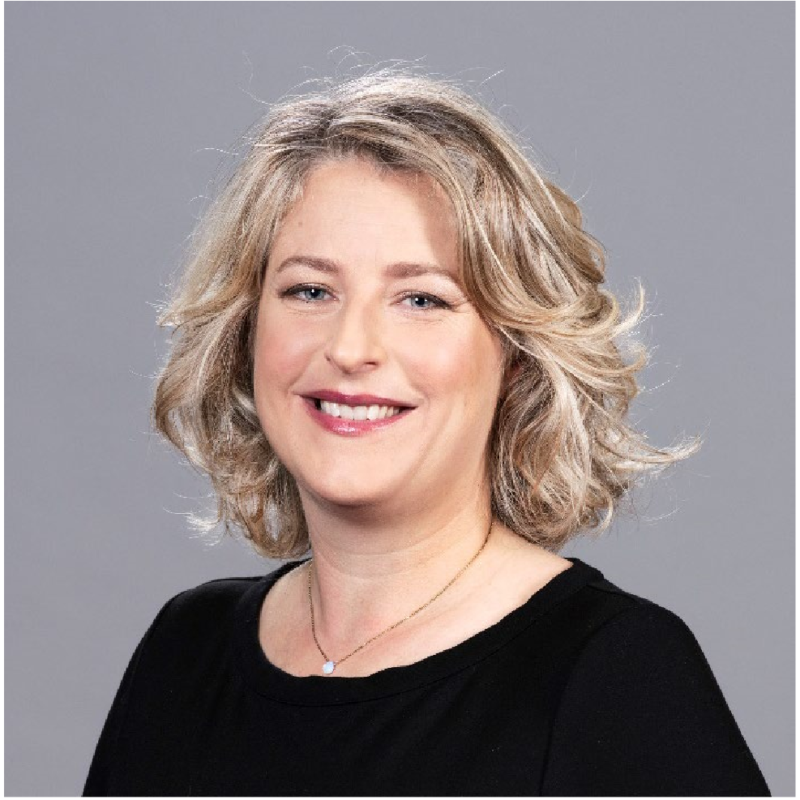Eklekto: a bridge between percussion and all musical styles
The Centre de percussion de Genève, redefined by its new directors, now presents itself under the name Eklekto, in reference to eclecticism. Chaired by Yves Brustaux, principal timpanist with the Orchestre de la Suisse Romande since 1973, the percussion center is conceived as a center of competence emphasizing the notion of openness, and this association currently offers a significant number of services.

Among the most noteworthy is the availability of an instrumentarium of over 750 instruments. Most of these instruments can be rented to musicians or ensembles on request. This is vital, as not every percussionist, professional or otherwise, can afford the necessary equipment. Heir - in certain respects - to the former Centre international de percussion (CIP) founded by Pierre Métral in 1974, Eklekto sees itself as a musical, creative, scenic and training centre in the non-academic sense of the term. Above all, it is interested in all forms of artistic expression, both contemporary and ancient. Who remembers that the first percussion part composed of indeterminate sounds for a small ensemble was in L'Histoire du Soldat, premiered in 1918? The symphonic field of the 20th century has seen a real expansion of percussion, from Stravinsky to Stockhausen, from Jean Balissat to William Blank. In terms of percussion's manuscript and published heritage, the Geneva Conservatory Library at the Place Neuve houses almost a thousand scores collected by professionals over the past forty years.
Yves Brustaux, you tell us that Eklekto is giving percussion a new lease of life. Could you help us understand the context?
The language of percussion has greatly evolved over the last fifty years. It's no coincidence that the famous Percussions de Strasbourg are celebrating their 50th anniversary this year with a significant CD collection. This group, which gave its first concert in January 1962, now appears to be a world first. Boulez had already taken an interest in these innovative musicians in 1959. Not so long ago, some composers saw the percussion section as secondary, rather as an accompanying or colorist element in the orchestra. So did the public. That was fair enough. It seems that Messiaen and Dutilleux also took this position. In the orchestra, I don't think it's possible to develop this percussive presence ad infinitum, if only for reasons of space. From the 1960s onwards, an original production appeared in the field of pedagogy, chamber music and literature for a solo percussionist, concertos and multipercussion. With Eklekto, we want to go beyond the strict framework of percussion for its own sake or in the orchestra, to work with people in the performing arts. I'm thinking of the visual aspect of the musician's playing, of his complicity with dance and electroacoustics, for example.
So you're not to be confused with an educational institution?
Of course not. As a professor myself at the Haute Ecole de Musique de Genève, where I teach timpani and their orchestral features, I am well placed not to confuse the remits of the two places. Our statutes are different in form and spirit. Eklecto, in metaphorical language, is a "gateway" between different milieus, that of percussion and all the musical styles to which this family of instruments belongs. We also invite our colleagues to offer complementary courses to what we might call the academic curricula in place in Switzerland or elsewhere. We don't see ourselves as a purely academic selection school or a competition venue. On the other hand, we do offer introductory courses in percussion. Eklekto plans to collaborate with personalities from outside the Geneva milieu, either by inviting soloists or creators, or by performing in Swiss cities or other music capitals. Our committee's ambition is to invite composition students to share the problems of writing and graphics dedicated to classical percussion and multipercussion. Notation for our instruments is not as simple as we think. The idea of working "around a composer", as we did for Thierry De Mey, is captivating. Even some conductors might be interested in working with our center. This work does not exclude the practice of solo or group improvisation, or teaching it, or working from a literary or poetic text, for example. Finally, we also work with Geneva's Haute Ecole d'Art Dramatique.
And what about the drummer community?
We leave to the conservatory or other private schools the domain of full drumming, variety, contemporary jazz and so on. Technically, or even "ideologically", the stylistic boundaries between genres are no longer as rigidly opposed as they once were. And that's a good thing. Today, you need a level playing field for all genres. At heart, a percussionist should approach all forms of writing with commitment. As far as I'm concerned, a musician can never be self-sufficient in the way of the self-taught, which has existed in the past in the circle of percussionists. My former students are never banned from the places where I work. I like to keep in touch with them, even if our musical paths or tastes differ. The artistic direction of our association Eklekto, which produces seminars, shows and concerts, is the responsibility of Jean Geoffroy, a percussionist of international renown. It's a great opportunity for us to have an outside perspective on our association.
Is the percussion repertoire or sound vocabulary as extensive as that?
An instrument for which one no longer composes dies. Certain issues need to be reconsidered, including on a human level: a percussion section where people don't understand each other, or don't try to make each other bearable, if I dare say so, is not a valuable register. "He who wants to shine the brightest or play the loudest gets nowhere", said François Dupin of the percussion section of the Orchestre du Paris. Leading a percussion section or workshop also means knowing how to behave. We can also think of ways to highlight Renaissance, Baroque or ethnic percussion. I would remind you that the first timpani score is identified as such in 1560. Today, conductor Marc Minkowski requests Baroque timpani when he conducts certain scores with the OSR in Geneva. Since Varèse and Ionisation, composed in 1931 for 13 percussionists, then Bartók and others, a path has emerged. If you don't nurture that path, it disappears. Our board of directors has confidence in what is being created today, hence the idea of commissioning works and then bringing them to life. I insist on the fact that those who dedicate themselves to percussion accept to evolve while keeping the standards of the repertoire by respecting them. As a timpanist, I enjoy playing Beethoven just as much as the works created under Ansermet or a composition completed yesterday. To choose one over the other would be the beginning of zero musical thinking. You can't do this job without a healthy curiosity in solidarity with contemporary culture as a whole, even if recent scores require extra work in terms of conceptualization or realization. Today's musician is in fact a player in the development of percussion. Eklekto's motivation is rooted in this quasi-philosophical attitude. In addition to the skills of our members and correspondents, our instrumentarium is virtually unique in Switzerland, giving us the opportunity to reach out nationally and beyond.
What about schools?Studying percussion in Berlin, New York, Amsterdam or Paris cannot be absolutely identical. You have the same problem with strings, brass instruments and so on. But I observe that the art of music is rooted in continuity and complementary references. So much the better. The principle of "sameness" doesn't appeal to me. It's like spending a lifetime in the same hotel chain, with the same décor and the same entrecôte on the menu... I must point out, however, that the French school from which I come was not forged solely from the orchestral repertoire, as is the case elsewhere. The Paris Conservatoire, which trained me, has commissioned and published methods. The center of excellence we're developing at Eklekto stands above these schools or ways of playing. Is it so interesting to set them against each other? Once you've got the basics down, it's all about musical expression, and never in a closed circuit. From this point of view, the relationship with the conductor is essential. In 1972, I can tell you that, as a young OSR timpanist from France, I learned a lot musically from Wolfgang Sawallisch... and he must have conducted experienced colleagues from schools other than my own.
In view of your experience at the OSR, you're concerned about the transmission of knowledge?
You've touched on a point that's close to my heart. Musical knowledge is not passed on through books, but orally, by example, by sharing practice in the orchestra. I'm a little wary of percussion teachers who aren't part of an orchestra and who limit themselves to an agreed musical genre. The relationship to sound requires a personal culture and a relationship to that of the group. This relationship must be taught. For me, knowledge is what can be shared. From the French military drum, which I used to play, to the four-rod marimba in vogue today, there is a considerable variety of sounds. Not all instrumentalists can say the same. The question is how to make sense of these sonic climates and situate them within a horizon. It's with this in mind that our percussion center aims to be a space for meeting and reflection - in fact, a cell that should be an authority, beyond the provincial chapels that seem to me to be sterile. At a certain level, I believe in the creative role of the performer. Our collaboration with Festival Archipel, Festival Batteries and Théâtre du Galpon in Geneva is proof of this. As is often the case in life, being a slave to normality masks all attention to others, all evolution. Percussion, which is as old as mankind itself, invites us to join in the creativity of yesterday's and tomorrow's musical production.
PhotoEklekto offers an instrumentarium of over 750 instruments. It also offers seminars, shows and concerts, under the direction of Jean Geoffroy.








